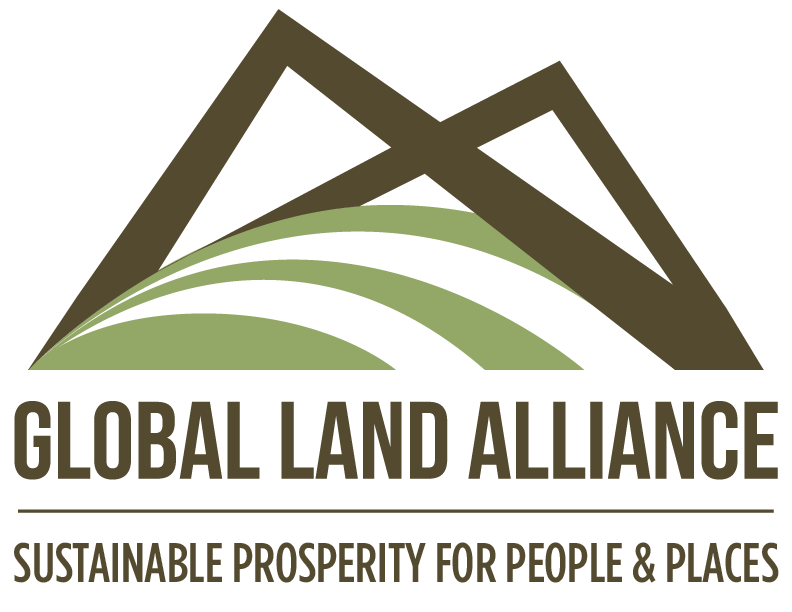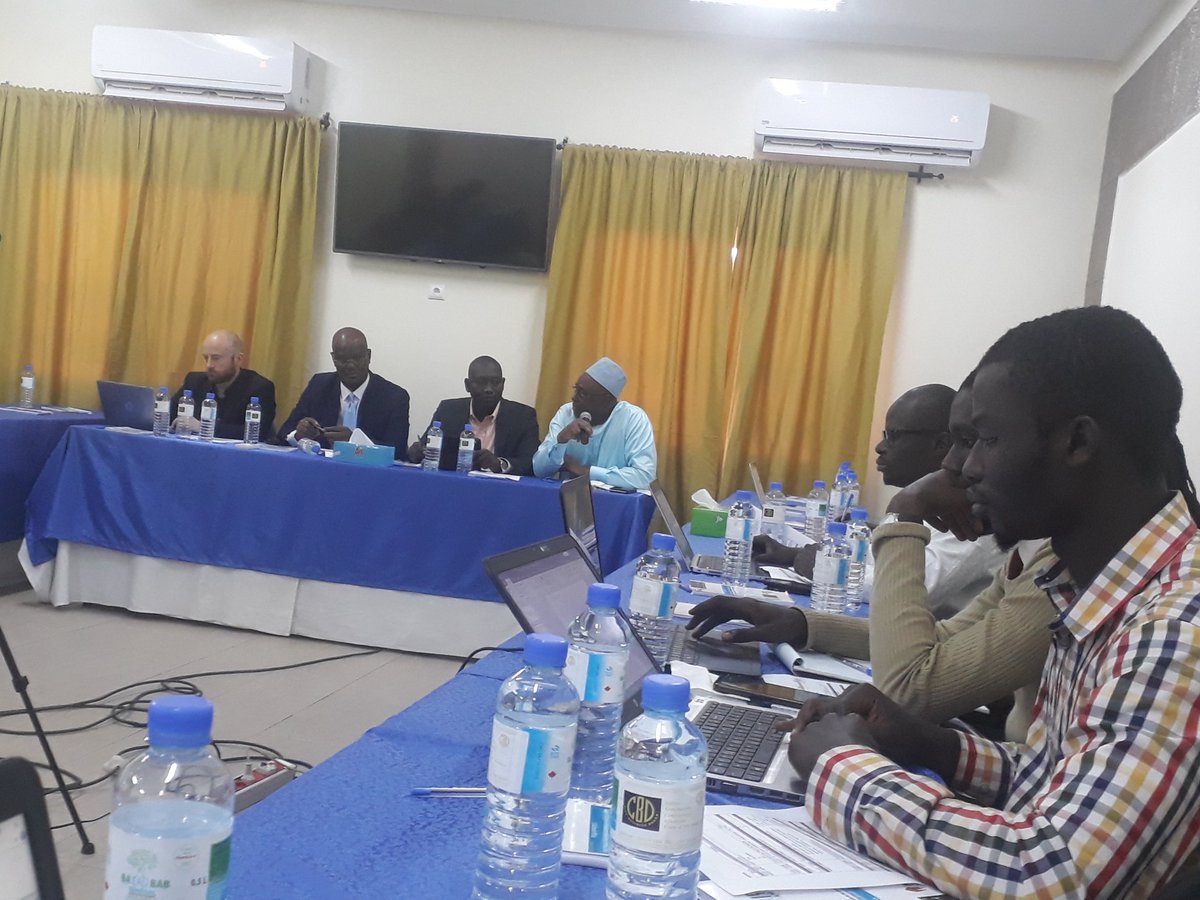Prindex in 2019: Milestones and Goals of the Property Rights Index
When people feel secure about their land and property rights, it gives them the freedom to think about, and invest in, their future. This is why secure land and property rights are essential building blocks for social justice and economic development.
Many people around the world are unable to prove that they have rights to their property. Up until recently, there was no way to quantify how secure the world's 7 billion citizens perceive these rights to be. Prindex is addressing this through an expansion of perceptions of property security data and country engagement. This article highlights the milestones and goals of Prindex in 2019 in its roadmap to a more comprehensive, global property rights index.
New Data Launch:
This past March, on the sidelines of the World Bank Conference for Land and Poverty, Prindex revealed data from an additional 18 countries. Prindex, a joint initiative of the Global Land Alliance and Overseas Development Institute (ODI), asked adults whether they expected to lose the right to use their homes during the next five years. With 33 countries-worth of comparative data collected and published, Prindex’s initial findings were reaffirmed: One in four adults said that it was likely or very likely that they would lose their homes, equivalent to 178 million adults and up to 117 million children living with them in those countries.
Malcolm Childress, Co-Director of Prindex said: “These findings are alarming. People who are insecure in their homes often struggle to plan for their future, invest money or get an education. Too many children are growing up under these circumstances. So ensuring people feel secure in their homes is critical to growing healthy, fair economies. Governments around the world must take note of these findings when making decisions on land and property regulations.”
Anna Locke, Head of the Agricultural Development and Policy Programme at ODI and Co-Director of Prindex, said: “The Prindex survey shows for the first time that every morning, hundreds of millions of people around the world wake up fearing they might lose their home. This should make us reconsider how we think about development. The finding that women feel less secure than men in the event of divorce or the death of their partner is particularly striking – it shows there is a long way to go in meeting the aspiration of equal economic rights for women worldwide.”
Those who feared for their future property rights cited factors including lack of funds to pay rent, the possibility that owners or primary renters would ask them to leave, family disagreements, or land seizures by governments, businesses, or others. Women were more likely than men to expect to lose their home in the event of a divorce or death of their spouse.
Dakar, Senegal: Policy forum convened by IPAR, reviewing data collected by Prindex
Country Engagement:
In 2019, Prindex has expanded engagement with policymakers in several countries using our data, working closely with country partners.
In March, policymakers, civil society and journalists met in Dakar to review data collected by Prindex in the country last year, as well as other land indicators coordinated by the International Land Coalition’s Dashboard initiative. The policy forum, convened by Senegalese NGO IPAR, represents Prindex’s commitment to ensuring our data is seen by, and relevant to, national policymakers.
Policymakers in Tanzania have been looking at Prindex data to inform their thinking on land tenure security for some time. This past April, Tanzania became the first country-produced and country-owned Prindex Report. In partnership with Prindex and the International Centre for Evaluation and Development, the Tanzanian National Bureau of Statistics disseminated the 2018 Tanzania Baseline Survey Report on Property Right and Tenure Security in Dodoma, Tanzania. It is our hope that this will be the first of many countries to begin collecting and disseminating country-specific data.
Dr. Angeline Mabula, Deputy Minister of Lands, Housing and Human Settlement Development, at the National Dissemination for 2018 Tanzania Baseline Survey Report on Assessment of Land Rights and Tenure Security at NBS conference hall in Dodoma this past April 2019
Prindex has partnered with two initiatives led by the African Land Policy Centre (ALPC), a Land Policy Initiative is a joint program of the tripartite consortium consisting of the African Union Commission (AUC), the African Development Bank (AfDB) and United Nations Economic Commission for Africa (ECA), to improve land governance across the continent. Monitoring and Evaluating Land in Africa (MELA) aims to build the knowledge and capacity of twelve African governments to take action on land. Prindex has data collected on 10 of these countries.
SDG 1.4.2 Indicator:
In March, the United States has become the first country to officially adopt Prindex as a measure of its success in meeting a key land-related Sustainable Development Goal (SDG). The Sustainable Development Goals represent a unified global project to enable development targets to be set, and progress measured, according to high quality data.
SDG 1.4.2 tracks progress on two fronts:
The proportion of the adult population with documented tenure rights that are legally recognized by governments.
The proportion of the adult population who perceive their tenure rights as legally secure, regardless of whether these rights are documented.
Each country, whatever their level of economic development, is expected to monitor SDG indicators in the run up to 2030, which means there is a place for a credible, cost-effective, ready-to-roll monitoring solution with global reach. Prindex aims to provide that, and more broadly contribute to efforts to realize the SDGs worldwide by energizing the land policy conversation.
The United States Government through its inter-agency task force on the SDGs has adopted Prindex as its measure for the perception element of Sustainable Development Goal 1.4.2 – to increase the proportion of the population who perceive their tenure rights to be legally secure - paving the way for other countries to do likewise.
Caleb Stevens, Land and Resource Governance Advisor at USAID commented, “The United States, USAID and Millennium Challenge Corporation have supported the development of the Sustainable Development Goals from their inception, including the perception element of Sustainable Development Goal 1.4.2 – to increase the proportion of the population who perceive their tenure rights to be legally secure.”
“The United States has officially adopted Prindex as its measure for the perception element of SDG 1.4.2 because the US does not have an available survey with perception data and Prindex provides a potential, cost-effective model that can be rolled out immediately in the US.”
Expansion on Gallup World Poll:
Prindex will cover 140 countries by the end of 2019 through inclusion of the core questions in the Gallup World Poll.
Adding Prindex to the World Poll will not only increase the number of countries it can reach, but it will also allow comparisons across countries; trends over time; and understanding of differences by gender, age and income level. Researchers will be able to enrich their analysis of perceptions of land and property rights with access to additional key indicators such as well-being and employment.
This development marks a major step forward for efforts to put this issue front and center for the global development community, and to provide global policymakers with key outcome metrics for the societies they seek to improve.
Learn more about the latest from Prindex by signing up for our mailing list, and visit our dedicated Prindex website: www.prindex.net







